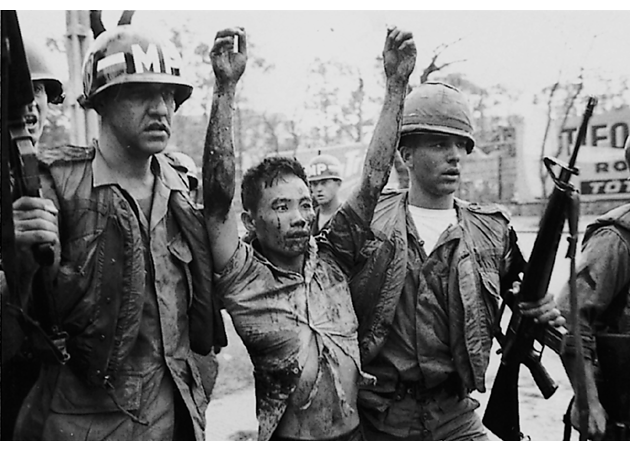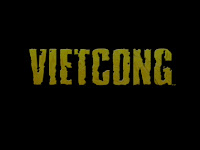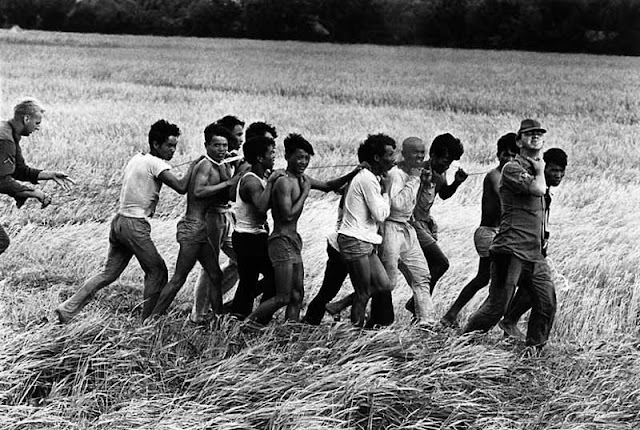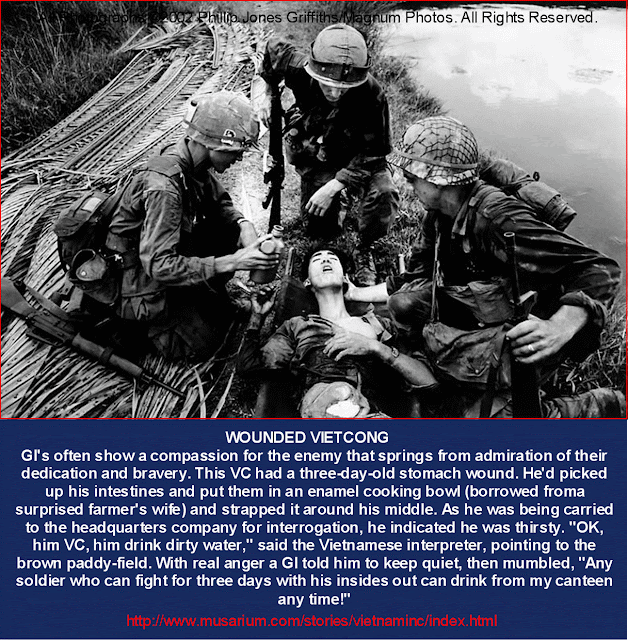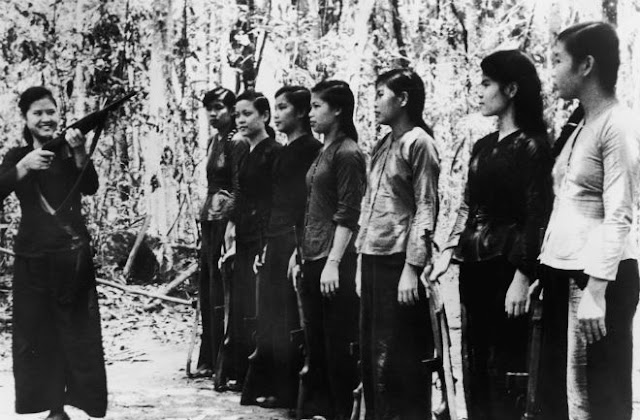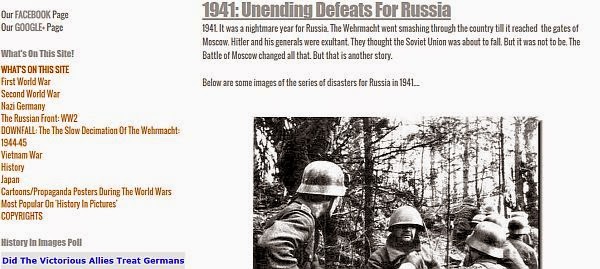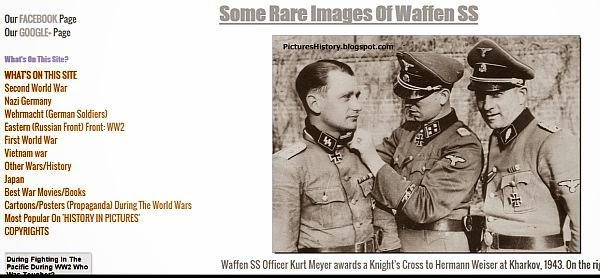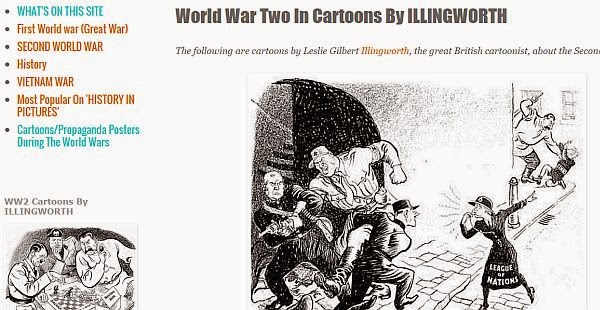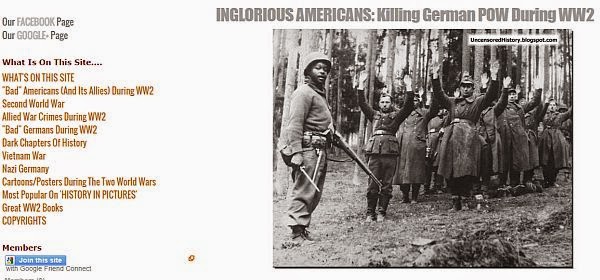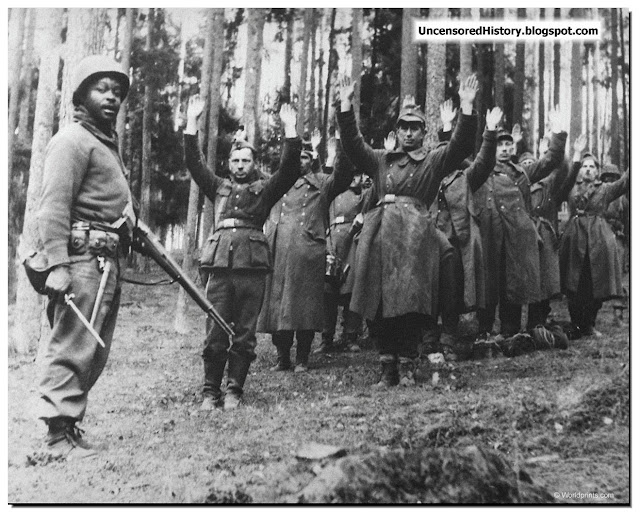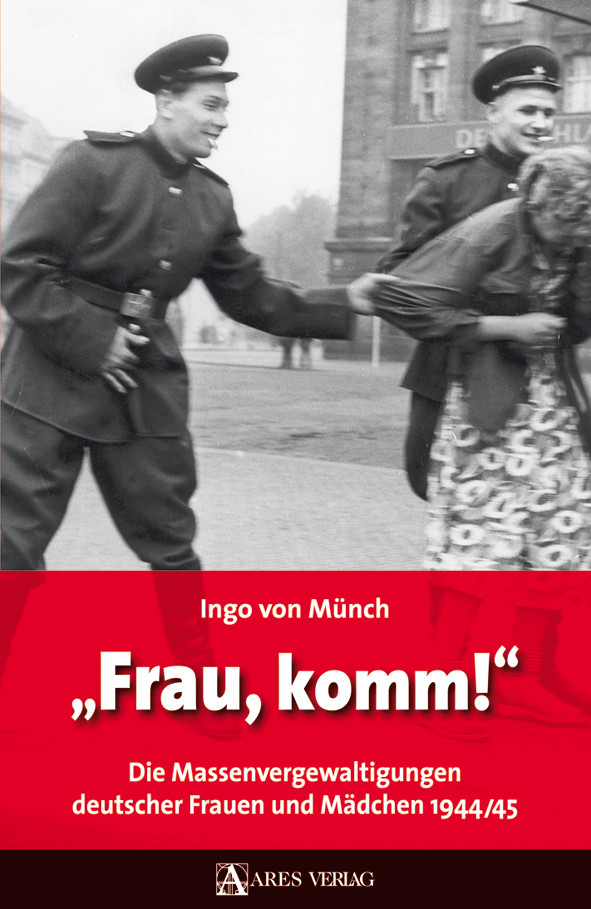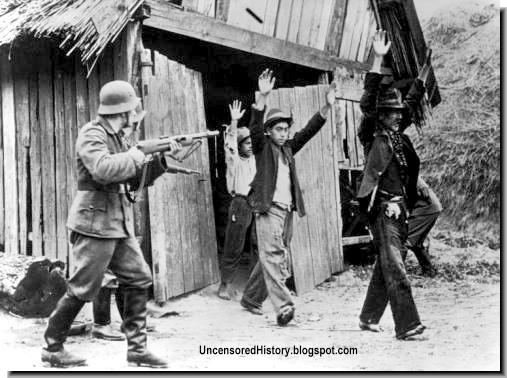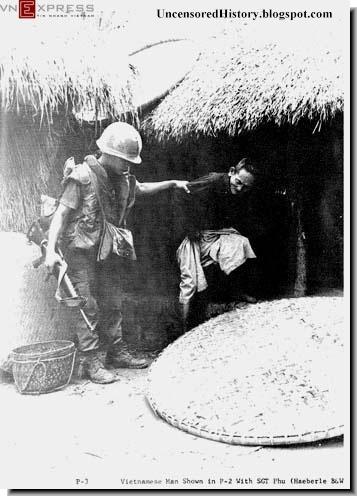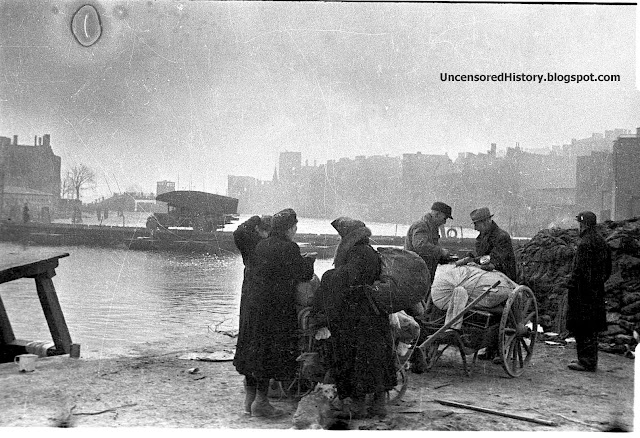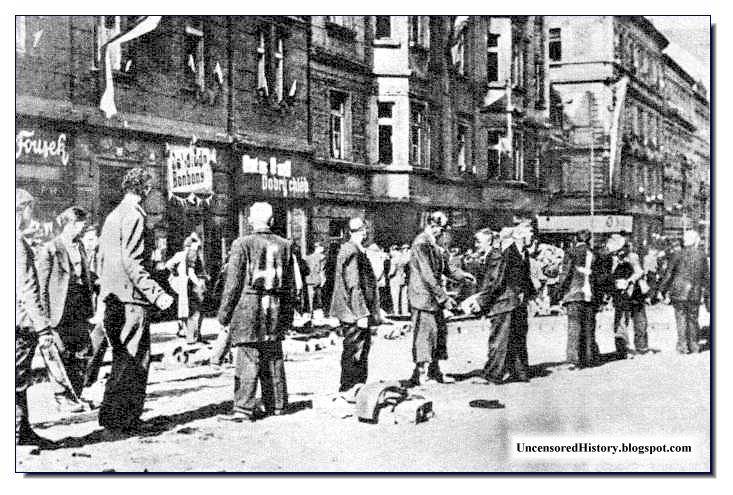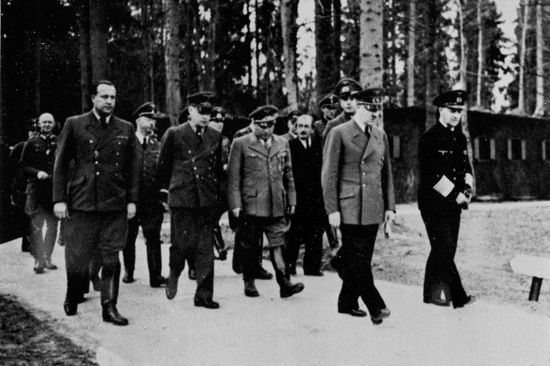How were the Vietcong and North Vietnamese Army able to defeat America with its advanced weapons in the Vietnam War?
Henry Cabot Lodge, a former American ambassador to Saigon, wrote some time after the fall of Saigon in 1975: “Was the United States engaged in an imperialist adventure far from our own shores? Or were we defending a small nation, pledged to democratic government from naked aggression? Did limitations placed on our use of military force keep us from a swift and decisive victory? Or were we engaged in a war that could not be won even with the most sophisticated and lethal weapons? Were the Vietcong freedom fighters seeking to liberate their country from centuries of foreign domination? Or were they simply terrorists, willing to use any means to gain power?
“Did the ultimate collapse of South Vietnam signify a loss of will on the part of the American people? Or were we fighting the wrong war, in the wrong place, at the wrong time? ”
Imperialist ventures, whether by America or the Europeans, were always dressed in idealistic clothes. Spain took South America’s gold in the guise of saving souls for Christianity. The French spoke of spreading civilization. The British spoke of the “White Man’s Burden.” And the Americans always talked about spreading democracy. But in the end it was always about forcing on other countries and societies what America wanted. Yes, it could find some locals whose interests coincided with its interests, but that was always secondary.
America fought in Vietnam because its power elite wanted to restrict the spread of communism. The Vietcong was fighting for independence from the corrupt regimes of South Vietnam, hence it had a well-motivated fighting force. It was also more in tune with the needs and mindset of South Vietnamese masses. America was propping up unpopular corrupt rulers in South Vietnam while the North Vietnamese power elite backed the driven Vietcong fighters. The result was inevitable.
The two main reasons why Vietcong defeated America in Vietnam are,
1. Self-evident. The Vietcong was guided and controlled by the North Vietnamese leaders and received massive arms and ideological support from Hanoi (Which had the support of both China and the Soviet Union).
2. The Vietcong was able to reach out to the masses. The American-backed South Vietnamese regimes were corrupt and failed utterly in connecting with the people.
We shall now examine how the Viet Cong was able to connect with the masses so well.
The most popular aspect of the NLF programme was the promise to take the land from the rich and to distribute it amongst the peasants. During the Indochina War the Vietminh had taken the land from the large landowners in the territory they controlled and given it to the peasants. After Diem had gained power in South Vietnam, he forced the peasants to pay for the land they had been given. This was often more than the peasants could afford and it caused a considerable amount of suffering amongst the peasant community. The promise of the NLF to give the peasants their land free of charge was an important factor in persuading them to help the guerrillas in their fight against the Diem government.
Most peasants in South Vietnam were extremely poor. For centuries, the Vietnamese peasants had accepted this state of affairs because they believed that poverty was a punishment for crimes committed by their ancestors. The NLF educated the peasants in economics and explained how poverty was the result of the landowner's selfishness. They pointed out that fifty per cent of the agricultural land in South Vietnam was owned by only two and a half per cent of the population. Two thirds of the peasants owned no land at all and were therefore forced to work for the rich landlords.
The NLF's solution to this problem was to take the property of the large landowners and distribute it amongst the peasants. In some cases, the landowners were executed as a punishment for the way they had treated the peasants in the past.
In return for the land they had been given, the peasants agreed to help the NLF by feeding and hiding them. In some cases, the peasants also agreed to take up arms with the NLF and help 'liberate' other villages.
The Vietcong code of conduct helped it gain the confidence of the Vietnamese peasants. When the NLF entered a village they obeyed a strict code of behaviour. All members were issued with a series of 'directives'. These included:"
(1) Not to do what is likely to damage the land and crops or spoil the houses and belongings of the people; (2) Not to insist on buying or borrowing what the people are not willing to sell or lend;
(3) Never to break our word;
(4) Not to do or speak what is likely to make people believe that we hold them in contempt;
(5) To help them in their daily work (harvesting, fetching firewood, carrying water, sewing, etc.)."
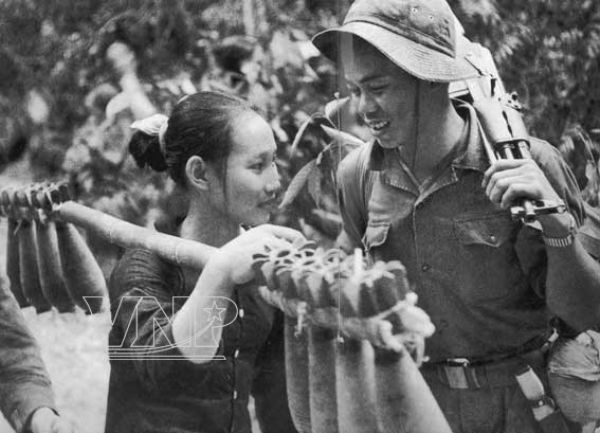 |
| Vietcong Dealt With The Masses In A "We Are One Family" Manner |
